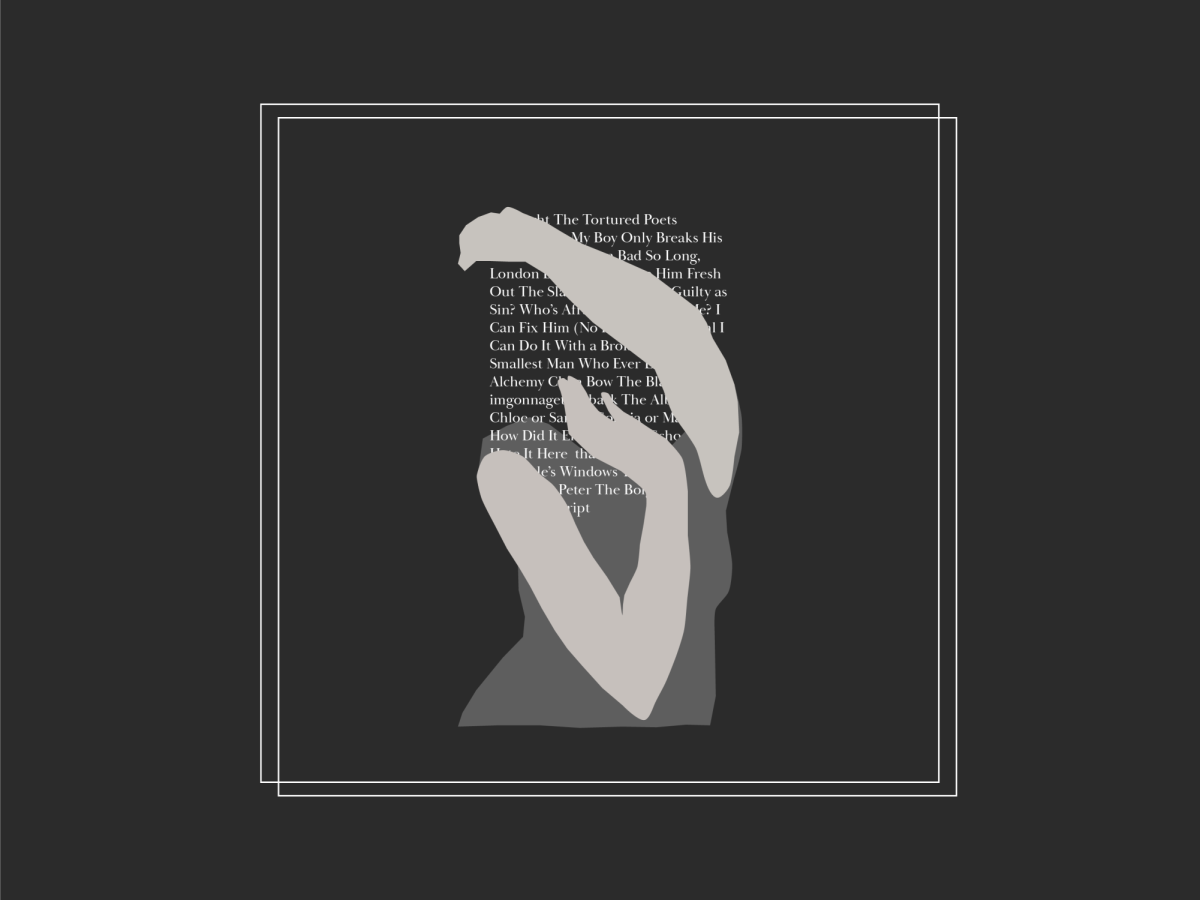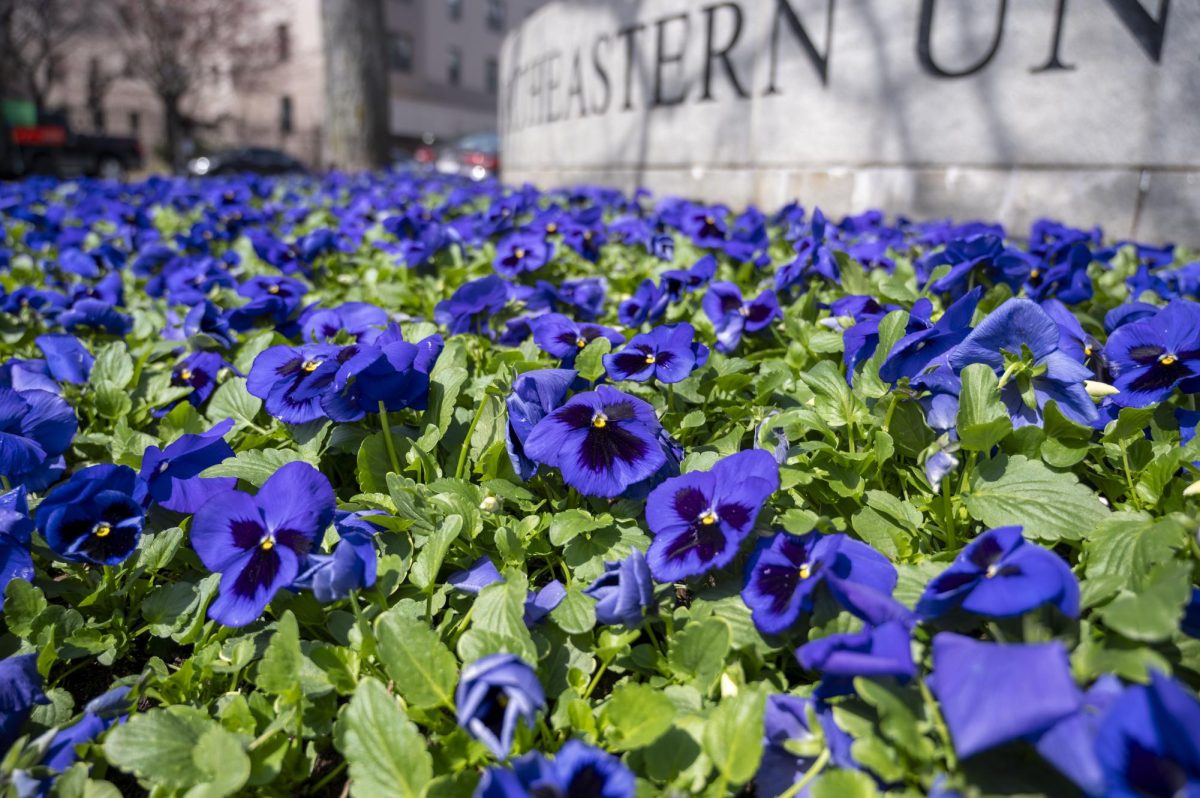It’s been impossible to dodge the top sports story of the past two weeks. Jerry Sandusky, former defensive coordinator at the legendary Pennsylvania State University football program, was indicted on charges alleging that he sexually assaulted eight young boys he met through his charity, the Second Mile, over the course of 15 years. In the ensuing fallout over allegations of a cover up, two other officials have been indicted for perjury, and Joe Paterno, the famous Nittany Lions head coach of the Nittany Lions of 46 years, was fired.
Reading over the grand jury report, you cannot help but mentally reject the story as being almost comically cruel; Sandusky was alleged to have been caught raping a 10-year-old in the Penn State showers by a graduate assistant back in 2002. Penn State’s response – rather than inform police, ban Sandusky or get mental or medical help for the child – was to prohibit Sandusky from bringing children from Second Mile onto the main campus. The university was perfectly fine, however, with letting Sandusky and Second Mile operate a summer camp for young boys at their satellite campus at Erie. (The identity of the boy, incidentally, is unknown both to the Attorney General and Penn State; the university apparently never bothered to find that out.)
So how did the Penn State community react to the indictment? Not nearly as strongly as they did when Paterno was fired. Thousands of students swarmed the streets and clashed with police in a full-fledged riot protesting “JoePa’s” ouster, tearing down light poles and flipping a local news van. At the Penn State – Nebraska game, the team’s last home game of the season, token overtures were made to commemorate the victims of the assaults alongside celebrations of the man who failed to stop them. In football versus prevention of child abuse, Penn State has ruled in favor of football.
To an extent, this fetish with Nittany Lions football and Joe Paterno is a result of the university’s rise in stature through them. Thanks to the attention and profits engendered by the program, it has become a leading research university and one of the top ranked colleges in the nation. The double-edged sword of this obsession unsheathed itself with the revelation that university officials apparently would permit almost anything rather than risk cutting into the program.
As high school students across Pennsylvania and the nation start sending out college applications, it’s not unreasonable to assume that many of them will skip Penn State or, at the very least, give it heavy thought. Recruits to the football program, signed under the assumption that they will train under the legendary Paterno, will flock elsewhere, as one already has. The university is almost assuredly going to be swamped in legal cases — both civil actions by the victims and their families and investigative actions, including an inquiry by the Department of Education as to whether Penn State violated the Clery Act in not reporting the on-campus crime that allegedly occurred.
If Penn State as a university wishes to survive this downturn and remain a viable institution for years to come, there is one simple solution that will show commitment to change, one that has been hotly debated among college athletics fans and sports columnists since the extent of the situation was fully understood.
Shut down football.
Cancel the 2012 season, offer current athletes either their current scholarships or a condition-free transfer to another program, fire the entire coaching staff and administration, and start anew in 2013.
This may happen whether Penn State voluntarily does it or not; the NCAA can impose what it terms its “death penalty,” the cancellation of a full season for a given sport. The only time it has been enacted in football was with the 1987 Southern Methodist University (SMU) Mustangs, which came after over a decade of paying athletes out of a “slush fund” and after repeated probations and sanctions. SMU subsequently cancelled its 1988 season due to an inability to field a team, and the program, formerly among the most victorious in the country, had losing records in 19 of the subsequent 20 seasons before eventually returning to a bowl game in 2009. It has never fully returned to the prominence it once held.
While SMU suffered the death penalty as a result of continued fiscal malfeasance, the NCAA has the right to impose it for violations that are flagrant enough. Although Northeastern University Athletics Director Peter Roby said in an interview with Bostinnovation.com this week that the issue was “much bigger than the NCAA [… and] not about getting an unfair disadvantage,” the NCAA has to police its athletics programs to maintain credibility. I don’t think there’s a specific clause in the NCAA regulations that prohibits the institutional coverup of sexual assault by a university official in order to maintain the facade of an organized, profitable athletics program, but I’m sure they can find something in there that’s in the ballpark. It would be far better for the university, both in future planning and in public relations, if this action were taken voluntarily rather than imposed from above.
Penn State has fallen victim to the same mentality that overtook the Catholic Church, a belief that the continued survival of the institution outweighed the need to stop and prevent horrific actions by a select few of its members, going to great lengths to prevent public revelation and scrutiny. If it wants to survive these next few years, both academically and athletically, it knows what it has to do.
– Michael Denham can be reached at [email protected].












